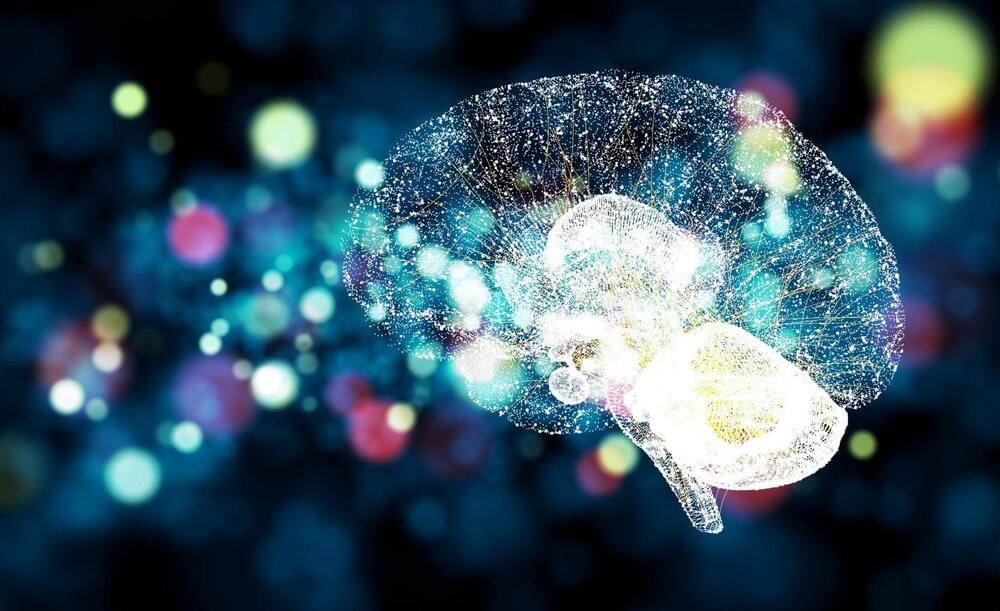NASA’s Perseverance rover landed on February 18 and Zhurong arrived a bit later on May 14. UAE’s Hope orbiter entered Martian orbit on February 9. Although all three of these missions were launched in 2020, their arrival is too significant not to count in this year’s achievements.
Billionaires, Private Space Flights
2021 could also appear as a year when you could finally believe that certain someone selling you a ticket to space is not a scam. Do not forget to fact-check their claims with the celebrity physicist Neil Tyson though. In July, when commercial spaceflight company Virgin Galactic’s top management including the company’s founder Richard Branson flew to a height of 86 kilometres, Tyson contested Virgin Galactic’s space travel claim by saying it was a suborbital flight.







